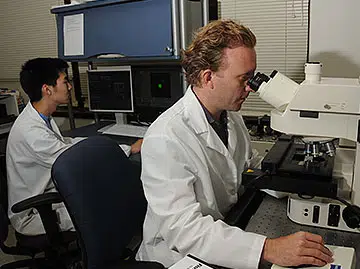Our multi-disciplinary team of medical geneticist, cardiologist and genetic counselors offer clinical evaluation and management for patients with known or suspected heritable aortic and vascular diseases including the following conditions.
- Marfan syndrome
- Vascular Ehlers Danlos syndrome
- Loeys Dietz syndrome
- Familial Thoracic Aortic Aneurysms and Dissections
- Arterial aneurysms and dissections
- Cerebrovascular disease, e.g. brain aneurysms, moyamoya disease




